UNI NOVA – Research Magazine of the University of Basel
-
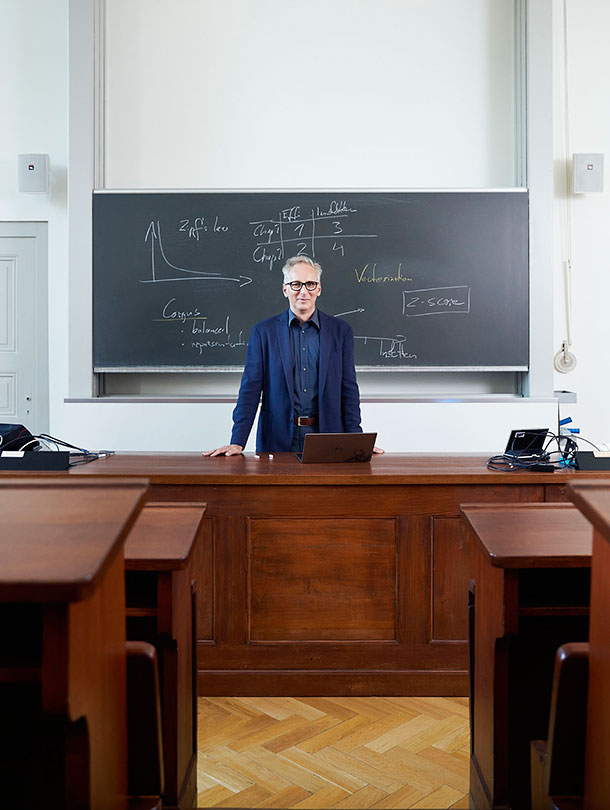 In conversation
In conversation“Humanities for the 21st century.”
Interview: Samuel Schlaefli / The humanities of the 21st century will be computer-based, believes Gerhard Lauer, Professor of Digital Humanities. Digitalization is about more than just facilitating access to research material, he explains – it brings completely new analytical methods to the humanities.
-
 Portrait
PortraitHistory’s biggest fan.
Text: Christoph Dieffenbacher / A researcher at the Center for Jewish Studies, Erik Petry is devoted to remembrance and making sure the past is not forgotten. His other great passion is sports – as an academic, as a fan and as an active participant.
-
 Research
ResearchMarijuana and happiness research.
Text: David Hermann / Users of medical cannabis in the USA experience greater mental well-being if access to it is liberalized. This finding from happiness research by Basel based economist Alois Stutzer could also have important implications for Switzerland.
-
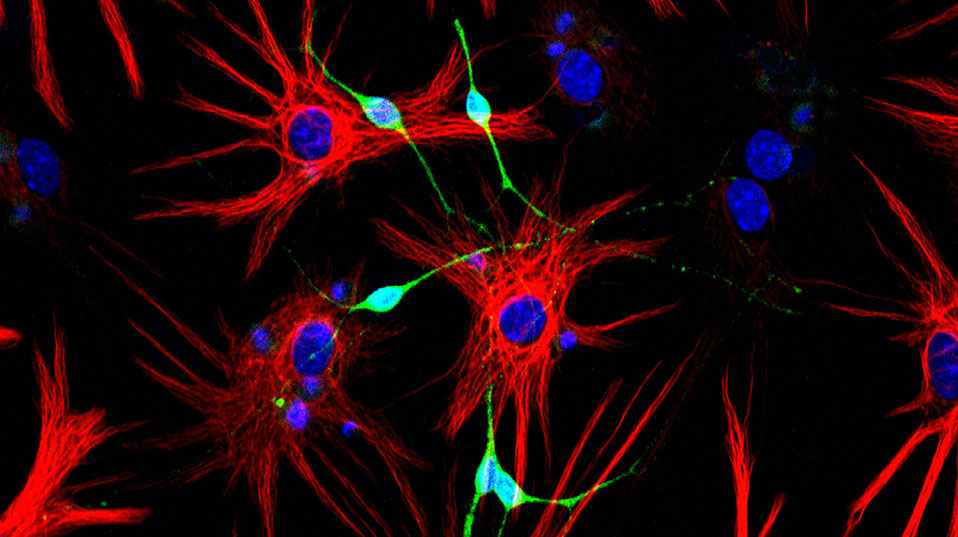 Research
ResearchNew neurons for the brain.
Text: Yvonne Vahlensieck / New neurons are made by stem cells located in the adult mammalian brain. Much remains to be understood about this process, known as neurogenesis – but there are hopes that one day it could be harnessed to promote brain repair.
-
 Research
ResearchCriminalizing the veil?
Text: Tobias Ehrenbold / Switzerland is set to vote on whether covering one’s own face should be a punishable offense. Having weighed up the arguments employed by proponents of the initiative, Basel legal scholar Bijan Fateh-Moghadam concludes that a general ban on face coverings is incompatible with the country’s liberal federal constitution.
-
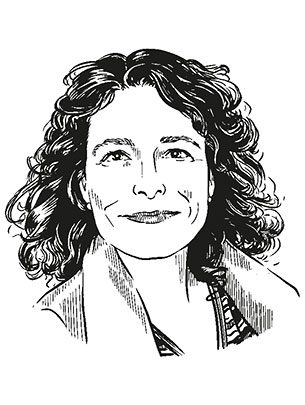 Opinion
OpinionCorruption: What is the problem, Lucy Koechlin?
Text: Lucy Koechlin / What are the mechanisms behind global corruption and what is the best way to combat it?
-
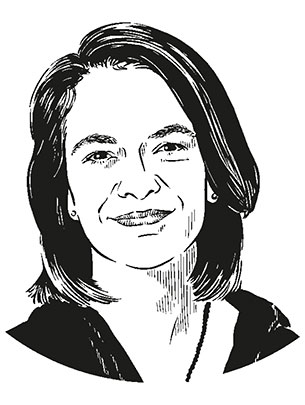 Opinion
OpinionCorruption: What is the problem, Claudia Baez Camargo?
Text: Claudia Baez Camargo / What are the mechanisms behind global corruption and what is the best way to combat it?
-
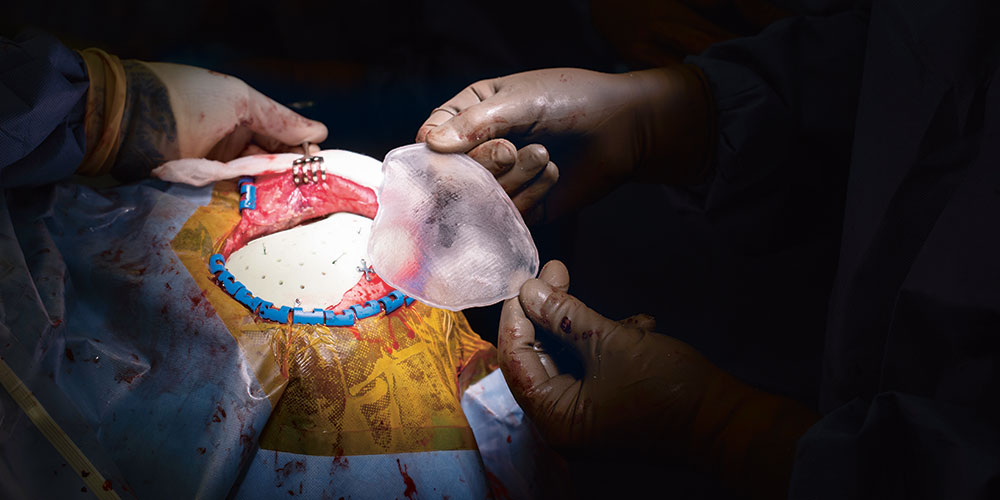 In pictures
In pictures3D models for medicine.
Text: Reto Caluori / The rapid adoption of 3D printing in the world of medicine is leading to a steady stream of new applications in hospitals. At Basel University Hospital, the technique is used to manufacture implants and to plan complex operations in advance.
-
Opinion
“Self-optimization”: a scandalous type.
Text: Eberhard Wolff / On a trendy term that even academia uses in an emotionalized and functionalized way – as happened with “Waldsterben” (forest dieback) some years ago.
